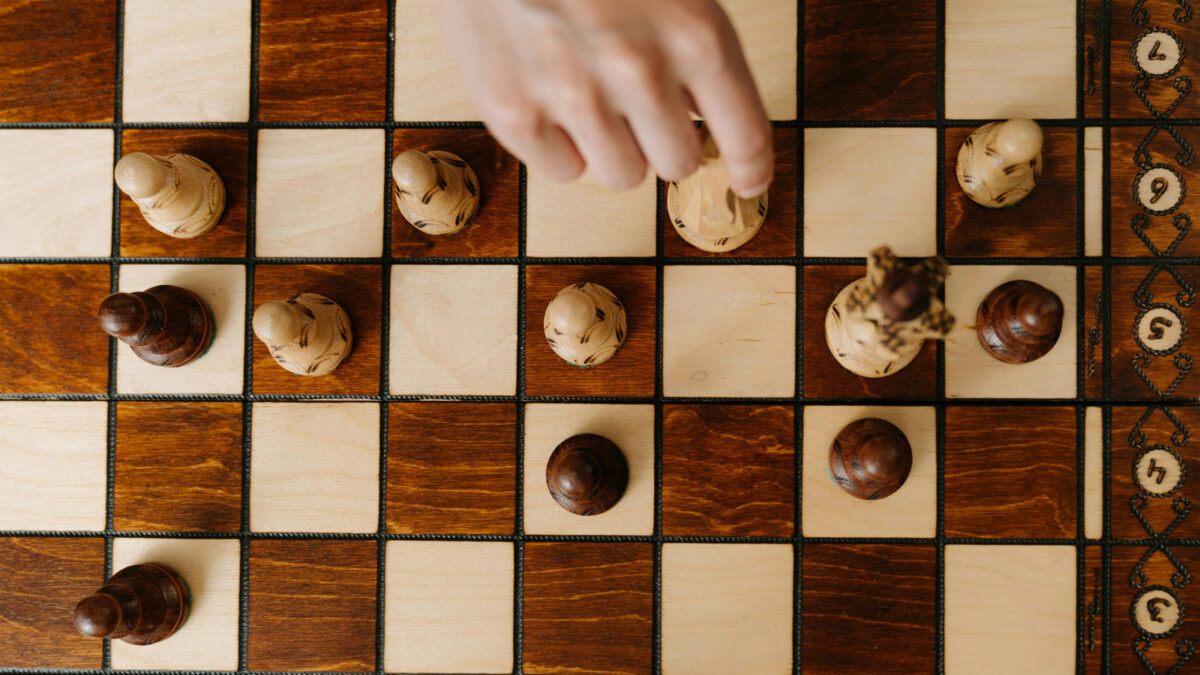

The Ingenious Creativity of Software Engineers
March 1, 2024


Chess grandmasters are another group known for their exceptionally high IQs. Achieving the title of grandmaster requires not only a deep understanding of the game but also strategic thinking, pattern recognition, and mental agility. Chess grandmasters excel at planning several moves ahead, anticipating their opponent’s strategies, and adapting to changing game dynamics.
The path to becoming a grandmaster typically starts at a young age, with many top players beginning their training in childhood. This early start allows them to develop a deep understanding of the game’s complexities and hone their skills through countless hours of practice and competition. To achieve grandmaster status, players must achieve high ratings in international tournaments and earn the necessary norms set by the World Chess Federation (FIDE).
The cognitive skills developed through chess, such as problem-solving, critical thinking, and spatial reasoning, translate well to other areas of life and work. Grandmasters often spend years honing their craft, participating in tournaments, and studying the games of other top players to refine their strategies and improve their performance. Their high IQ helps them to analyze complex positions quickly, recognize patterns, and devise innovative solutions to outmaneuver their opponents.
Beyond the chessboard, many grandmasters leverage their skills in other fields, including finance, academia, and technology. The strategic thinking and decision-making abilities honed through chess are highly valued in these professions, demonstrating the broad applicability of the cognitive skills developed in this intellectually demanding game.
